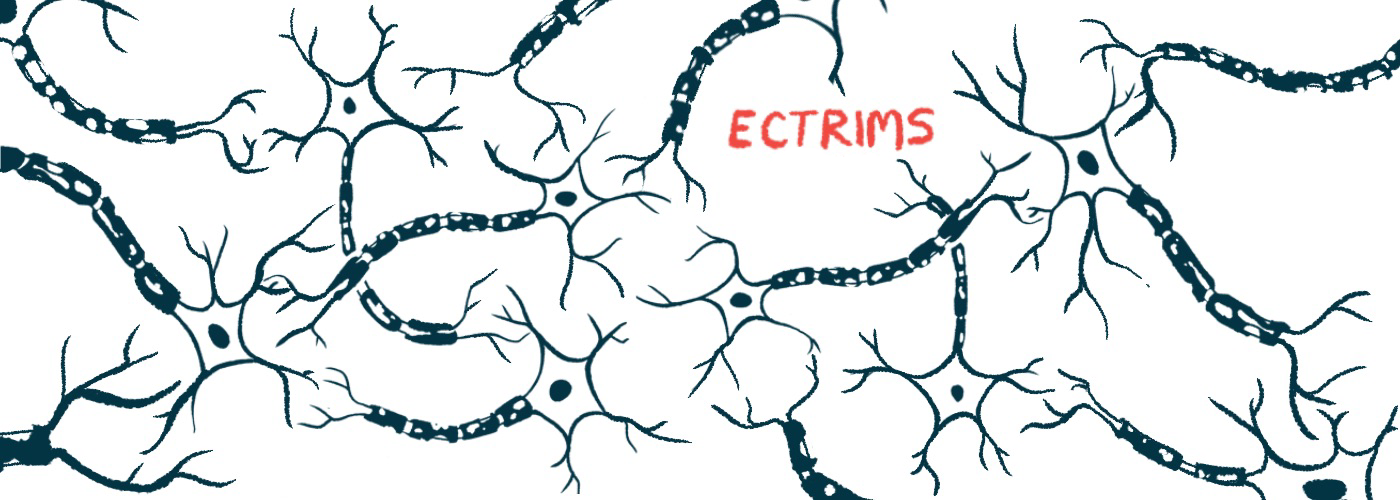ECTRIMS 2025: Cognitive changes may precede physical decline
Processing, memory deficits seen before walking, dexterity affected
Written by |

People with multiple sclerosis (MS) seem to experience significant changes in cognition more than a year before significant physical decline is evident, a study found.
While measures of processing speed, verbal memory, and visual memory worsened after about 2.7 years, significant changes in walking function and dexterity were only observed after about 3.9 years, according to the study, from Turkey.
This suggests that “routine cognitive assessments are essential, even in patients without notable physical impairment, as they enable timely intervention and treatment optimization,” Ela Zengin of the Izmir University of Economics in Turkey said during a presentation at this year’s European Committee for Treatment and Research in Multiple Sclerosis (ECTRIMS) Congress, being held Sept. 24-26 in Barcelona and online.
Zengin detailed the study in a presentation titled, “Cognitive Decline as the First Sign of Progression in Multiple Sclerosis: A Comparative Analysis of Cognitive and Physical Decline.”
While MS is best known for its physical symptoms — and most assessments are intended to determine how physical function changes over time — the disease can also have a significant impact on cognitive function.
As many as three-quarters of patients experience changes in cognition, mainly in the ability to process information or memorize new things. These changes are seen even in patients with very early disease, some without evident symptoms of MS.
Study looks at 235 patients over 5 years
The researchers examined five years of data from 235 people with MS to determine whether cognitive decline precedes worsening physical disability. Participants were mostly women (75.3%), with a mean age of 41.2, an age range that’s “not typically associated with a substantial expectation of age-related decline,” Zengin said.
Patients had been living with MS for an average of more than 12 years, but they had little to no disability, with disability levels remaining stable over the five-year follow-up period.
Zengin said cognitive function was assessed using three tests that together make up the Brief International Cognitive Assessment for MS: the Symbol Digit Modalities Test, which measures information processing speed; the California Verbal Learning Test, which assesses verbal learning and memory; and the Brief Visuospatial Memory Test-Revised, for visuospatial memory.
Physical decline was measured with the Timed 25-Foot Walk test, which assesses walking function, and the 9-Hole Peg Test, which assesses manual dexterity.
Across all measures, significant decline was defined as at least a 20% worsening compared with assessments taken at the study’s start.
Patients took about 2.7 years to experience significant declines in information processing speed, 2.72 years to see declines in verbal learning and memory, and 2.66 years to experience worsening in visuospatial memory. Significant declines in walking function and dexterity occurred after a mean of 3.85 years and 3.95 years, respectively.
Statistical analyses showed that cognitive decline, as assessed with any of the three measures, always occurred significantly earlier than physical decline in these patients.
“This challenges the conventional paradigm of disease progression, which has historically prioritized physical disability over cognitive outcomes and suggests that cognitive deterioration is not merely a concomitant feature but a primary manifestation of underlying neurodegeneration,” Zengin said. “These findings support the cognitive-first hypothesis, which proposes that disruption of brain networks … may precede overt motor symptoms.”
Note: The Multiple Sclerosis News Today team is providing live coverage of the 41st Congress of the European Committee for Treatment and Research in Multiple Sclerosis (ECTRIMS) Sept. 24-26. Go here to see the latest stories from the conference.
